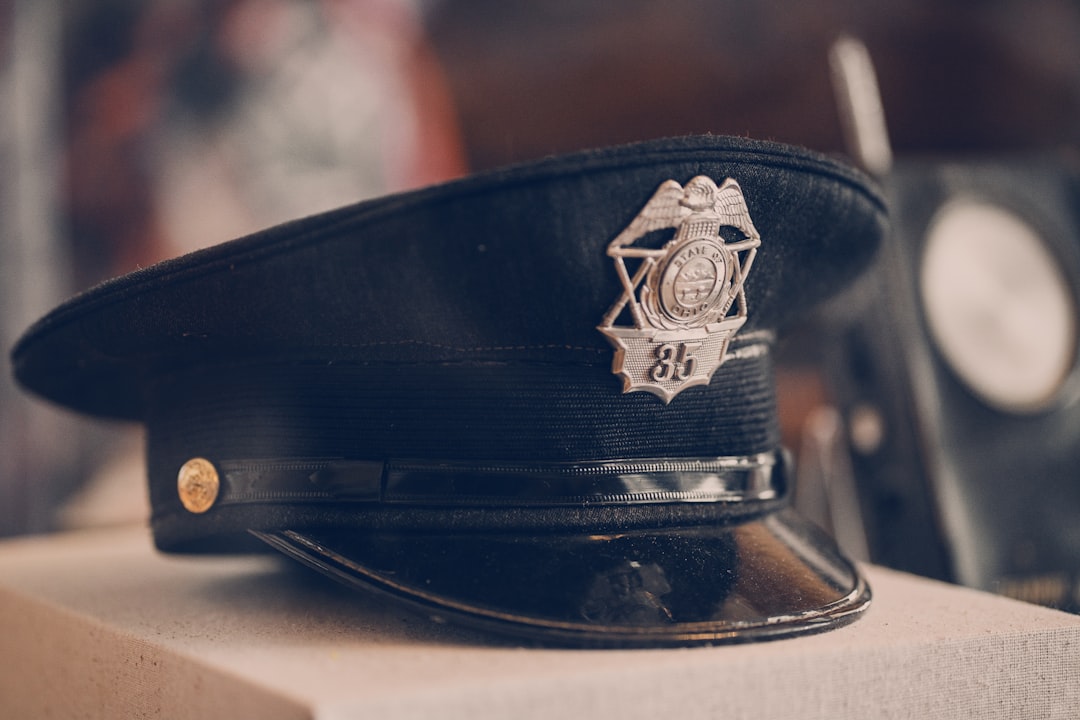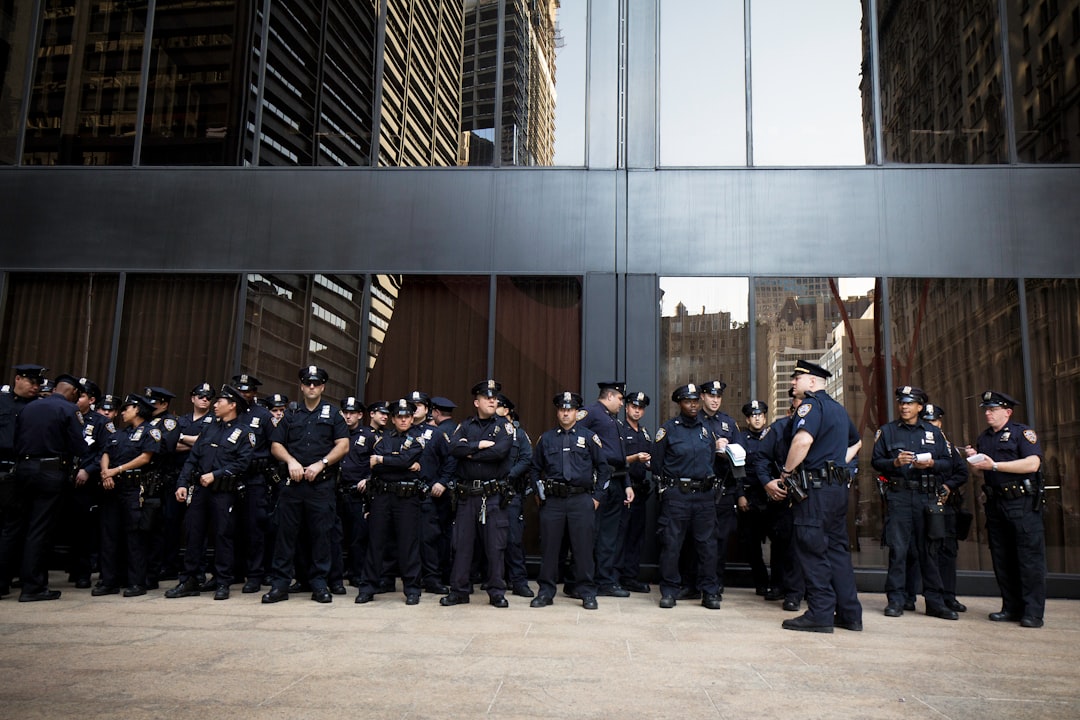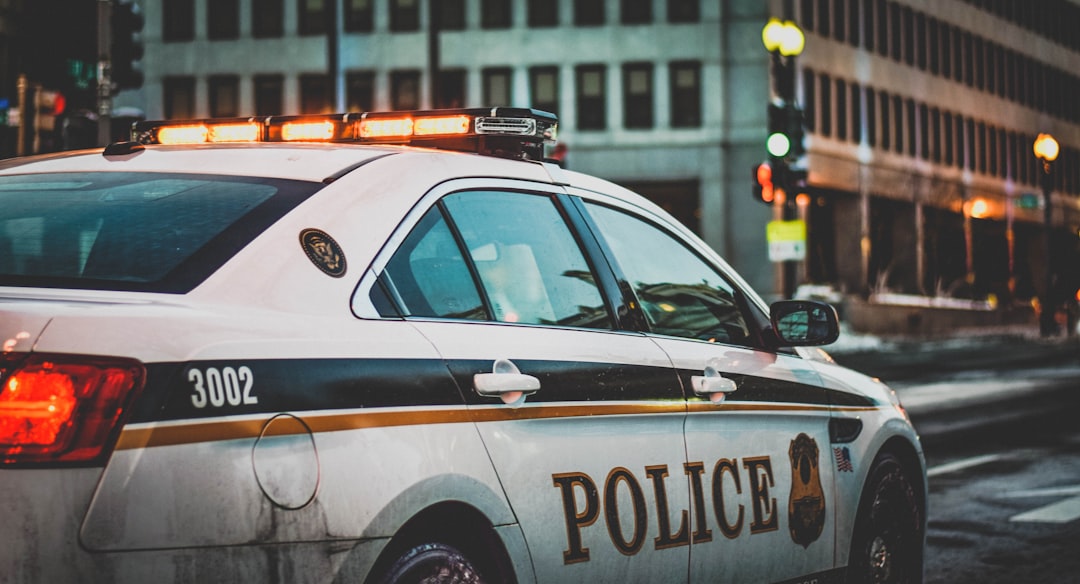By: Ehow
If you’ve dreamed of getting into law enforcement one day, you must know your polygraph test result is of utmost importance. Those who arrive to their polygraph test date under-prepared will almost always fail even if they are being honest. According to Doug Williamson a 35-year veteran polygraph evaluator “It is a very serious mistake to believe that you will pass your polygraph or CVSA tests just because you are telling the truth – they are not “lie detectors”. Scientific research proves that simple nervousness will cause a truthful person to fail!”
According to polygraph examiner, A..J. Phillips, author of How To Pass Your Polygraph, the failure rate for first time test takers is well over 50%. As you can see the polygraph test is not just showing up and spilling your guts like going to confessions – no you must be prepared. There is no better way to prepare yourself for the exam, than downloading A.J.’s Polygraph Test Survival Guide, as well as reviewing frequently asked law enforcement polygraph questions.
History on the law enforcement polygraph test
A polygraph determines whether the person being tested has fabricated his answers. A polygraph is often used as an investigative technique, and for some fields such as law enforcement it is used for pre-employment screening. A polygraph will indicate changes or a reaction to stress a body goes through when fabricating an answer. These reactions are recorded by the machine and will let the examiner know which question caused the stress reaction.
Law Enforcement Polygraph Pretest
A pretest is conducted similar to an interview in which the polygraph examiner and the examinee take an hour to get to know each other. If the purpose of the polygraph is because of an investigation, the examiner will ask about the examinee’s side of the story. The examiner will also profile the examinee while he is telling his side of the story. This will give him a better insight when performing the test.The examiner will review with the examinee the questions that were specifically designed to address the issue being investigated. This is done before the actual polygraph test is performed.
Polygraph Test Commonly Asked Questions
The third step is to perform the polygraph. The examiner has roughly 10 questions to ask during the polygraph. These questions will include three to four relevant questions, and the remainder are control questions. All questions are yes or no questions.
Below are examples of the most common questions asked during a law enforcement polygraph exam.
1. Is your name Sandy Hill? (Control question with information from pre-test)
2. Are you 43 years old? (Control question with information from pre-test)
3. Do you suspect anyone of selling drugs? (Relevant question from pre-test information)
4. Is your cat’s name Josie? (Control question with information from pre-test)
5. Were you born in 1956? (Control question with information from pre-test)
6. Do you rent a house? (Control question with information from pre-test)
7. Do you know who stole the drugs? (Relevant question from pre-test information)
8. Do you live on Vine Street in Iowa? (Control question with information from pre-test)
9. Did you steal the drugs? (Relevant question from pre-test information)
10. Is today (day of week)? (Control question with information from pre-test)
A few of those questions will be purposely misleading. Consider the question about age and the year of birth. A 43-year-old today would not have been born in 1956. These questions are included to determine both the correct and incorrect answers.
Post Test
Post test begins with the examiner analyzing the data from the responses of a physiological manner to determine deception. The examiner will be able to come to a conclusion that the examinee was being honest, deceptive or unable to determine honesty or deception, which means the test was inconclusive.







